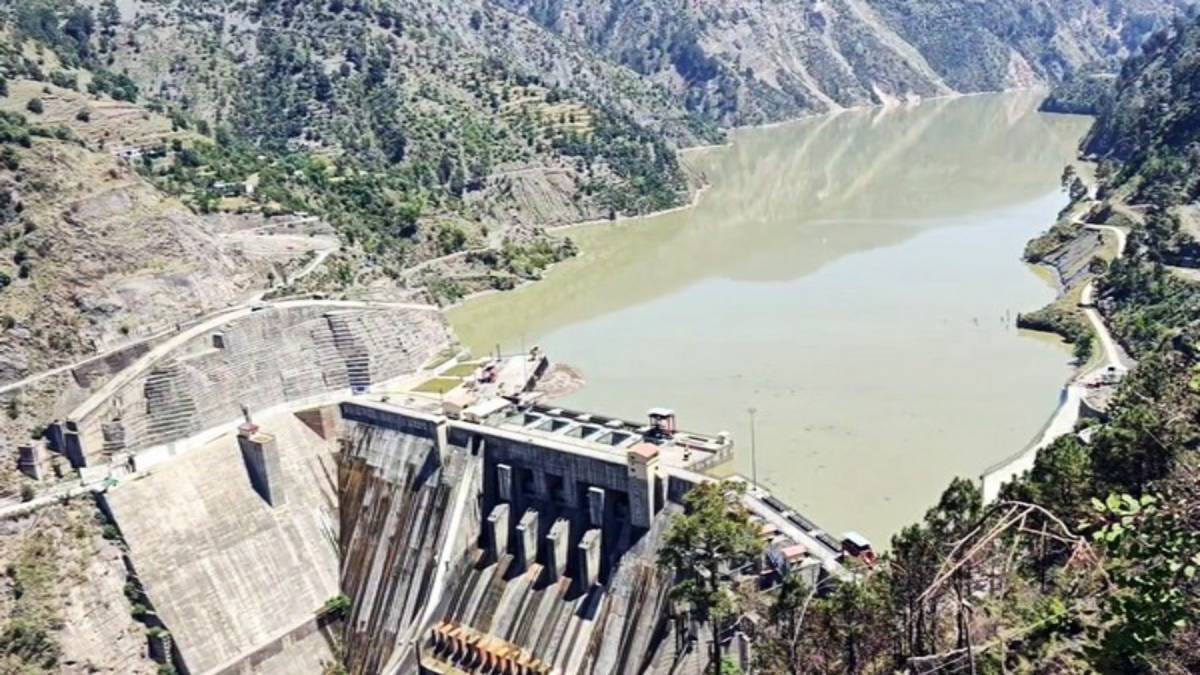Despite a breakthrough in halting military hostilities between India and Pakistan, the Indus Waters Treaty will remain in abeyance, according to sources in the Ministry of External Affairs (MEA). The clarification comes a day after both countries agreed to cease all military actions across land, air, and sea following a direct communication between their respective Directors General of Military Operations (DGMOs).
MEA sources emphasized that the ceasefire understanding reached on Saturday carries no preconditions or postconditions, and is independent of other diplomatic or strategic issues. “The Indus Waters Treaty will continue to be in abeyance. There is no linkage between the ceasefire agreement and this matter,” a senior official said.
The DGMO-level call was initiated by Pakistan at 3:30 PM IST, and both sides agreed to halt military operations effective from 5:00 PM IST. Foreign Secretary Vikram Misri confirmed the agreement in a press briefing, stating that operational instructions had already been issued to enforce the ceasefire. Another round of DGMO talks is scheduled for Monday.
India’s suspension of the Indus Waters Treaty came in the aftermath of the April 22 terror attack in Pahalgam, where 26 people—most of them tourists—lost their lives. In response, India launched Operation Sindoor on May 7, targeting terror infrastructure in Pakistan and Pakistan-occupied Jammu and Kashmir.
The decades-old Indus Waters Treaty, signed in 1960 after nine years of negotiations mediated by the World Bank, allocates the use of the Indus River system between India and Pakistan. Under the agreement, India receives control over the eastern rivers—Ravi, Beas, and Sutlej—while Pakistan has rights over the western rivers—Indus, Jhelum, and Chenab. The treaty has survived multiple wars and diplomatic standoffs, making its current suspension particularly significant.
While the ceasefire marks a significant step toward de-escalation, India remains firm on its strategic measures in response to terrorism. Officials reiterated that Pakistan’s unprovoked escalations following the Pahalgam attack were repelled effectively and would not be overlooked.





